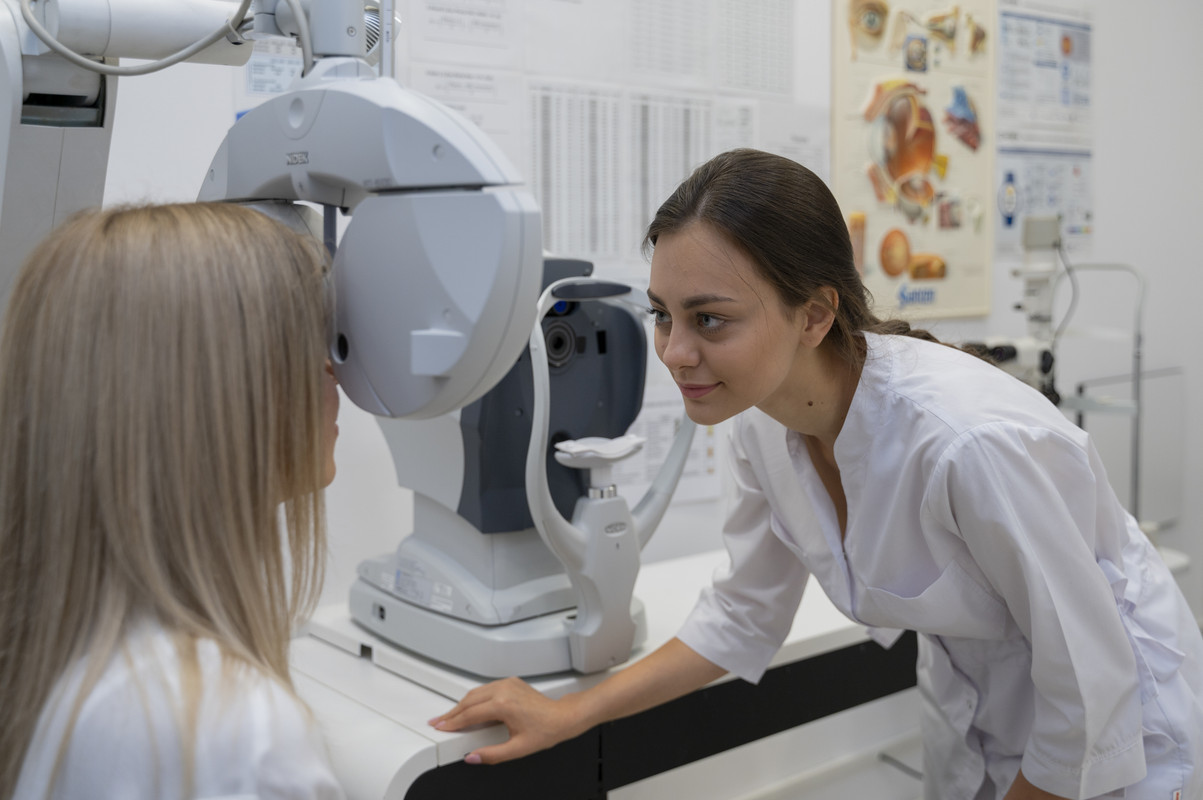Why Routine Eye Exams Are Essential for Long-Term Vision Health
Why Routine Eye Exams Are Essential for Long-Term Vision Health
Blog Article

Early Detection Prevents Vision Loss
Serious eye diseases like glaucoma, diabetic retinopathy, and macular degeneration often progress without symptoms. By the time noticeable vision problems appear, significant harm could already be present. Routine checkups enable ophthalmologists to identify potential issues and apply necessary interventions before serious damage takes place.Eye Exams Can Reveal Other Health Issues
Did you know that many systemic health conditions, including high blood pressure and blood sugar disorders, show warning signs in the ocular system earlier than impacting the rest of the body? A thorough eye checkup might reveal underlying health issues, allowing for treatment before complications arise.Ensuring Your Prescription is Up-to-Date
Due to increasing digital device exposure, many individuals suffer from discomfort due to prolonged screen time. Frequent vision tests help that corrective lenses is accurate, reducing strain and improving productivity. Furthermore, eye specialists may suggest blue light filters or additional preventive measures to reduce screen-induced discomfort.Aging and Eye Health
With aging, our eyes undergo inevitable changes which may lead to conditions like age-related farsightedness and cataracts. Consistent eye exams allow ophthalmologists to track these changes and recommend corrective procedures if necessary. Modern treatments, such as Cataract surgery, offer long-term fixes to restore clear vision.Prioritizing routine vision screenings a habit will be an investment in long-term vision health. Instead of delaying for symptoms to appear, taking proactive measures today ensures healthy vision for years to come. Report this page